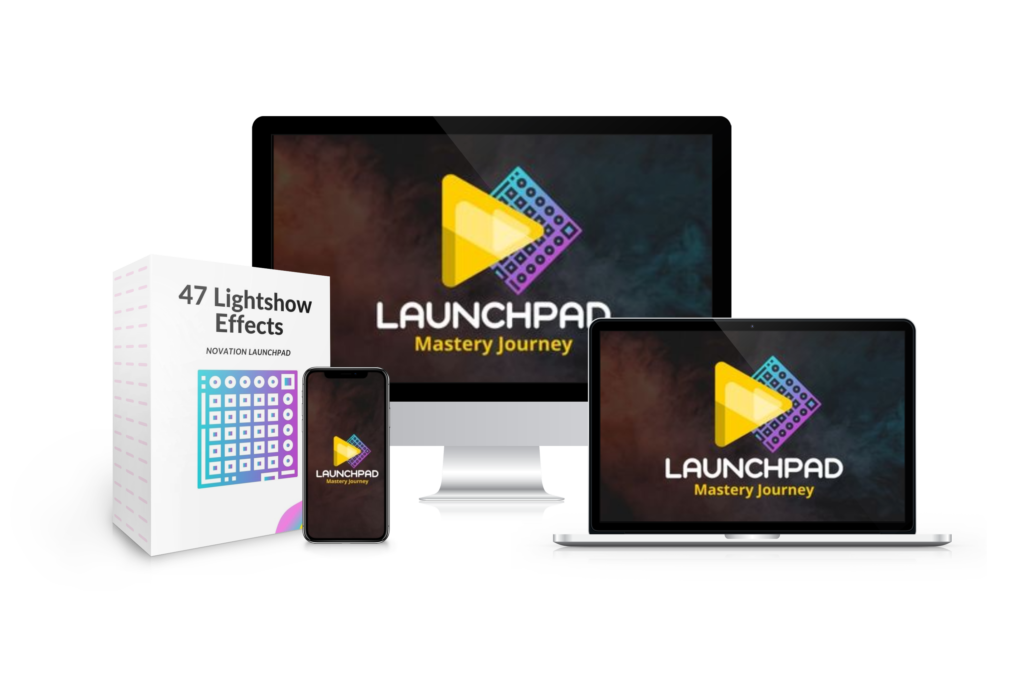
Whether you are a music producer, artist or Youtuber. At some point in your music journey, you may start looking for a music distributor to release your music to DSPs (Digital Service Providers) like Apple Music, Spotify, etc.
There are a sizable number of music distributors out there in the market. Spending hours or days browsing through the internet and doing research on your own could be a little overwhelming. To choose the right company, here we have broken down some key points that you should consider when making the decision.
1. The Cost

One of the very first things to consider is how much it will cost you in the long run, and what kind of revenue they will be collecting on behalf of you. Different distributors may structure their price differently based on their business model.
- Distribution fees: Many distributors would require you to pay a monthly or yearly subscription fee for unlimited uploads or each single release, and you take 100% of your royalty. Some companies would not charge you anything upfront, but they may take a cut from your royalty revenue, the commission is somewhere between 9% to 50%. None of the music distributors own any of your copyrights, they only take a commission from your revenue.
- Youtube Monetization: If your music is on youtube, your distributor could help you collect that source of revenue. This is something you should take a closer look at. It could be an included service that comes with your subscription plan while others may take a 15%-30% commission from your youtube revenue.
- Takedown cost: Often this will be overlooked by many, because most music distributors will not charge you anything for taking down your songs from their platforms if you decide to switch distributors one day. However, this is not the case for companies that want to ensure you stay using their services. Company like Horus Music charge a $120+ USD for that.
2. Selection Of Digital Stores Offered

Most music distributors will put your song into all the major digital service providers like Apple Music, Spotify, iTunes, Tidal, etc. For any reasons, if you want to distribute your songs to platforms like NetEase, Xiami, Douyin that are only available in certain countries such as China as an example, you may have to go with distributors that could do this for you.
3. Revenue Report

Your report and metrics is important if you are really taking your career seriously, because it will give you a better picture of who your audience is, in terms of age, gender, countries etc, which song has more plays, how much royalty revenue was generated from these songs respectively.
The better a report, the more information it shows. Not all the distributors will show you all the data you want to see. Each song can only be distributed by one company, but it doesn’t mean that you can only choose one distributor for all your recordings.
Thus, it could be a good idea to distribute some of your songs with different companies to get a glimpse of how their report will look like.
4. The Company Reputation

There are many ways we could define how the reputation of that company is. One of the most direct ways is to look at the review to see how others are talking about the company.
Although we can’t 100% tell how accurate those sources of information can be. In some cases, there could be fake users hired by certain companies to boost their rating.
Might as well use it as a reference point, if there are too many people complaining about the same things, chances are it might worth your time to dig a little deeper into it.
For instance, I read many mentions of how bad Dxttx’s customer service is, so I will try to stay away from it unless they offers something no one could.
5. Future Opportunities For Artist

For Major Distributors like Warner, Universal or Sony, they have more resources to negotiate with DSPs.
If you are signed under them, you are more likely to be visible on streaming platforms. The drawback is that they may take a much bigger portion of your royalty than open distribution platforms like Tunecore, Distrokid, etc.
In the past 10 years, some semi-label distribution Services like Awal or Amuse popped up, they are kind of like a hybrid of the 2 types of music distribution companies mentioned above.
They will look at their A&R data to find out if the artist is doing well, the initial deal can be upscaled to a distribution partnership.
What To Do Next?
There is no one best music distributor for all, knowing what your needs and requirements could save you time by filtering out at least half of these companies in the market.
Take your time to try out their services by distributing your songs with different distributors, if you are not satisfied with it, you could always change distributor later.
We hope this article we wrote has given you a solid base upon helping you to better decide which music distributor to go with.
Let us know if you have any other questions or what kind of topic you wish us to cover in the comment, and be sure to check out other related contents in our website, see you at the next one!

